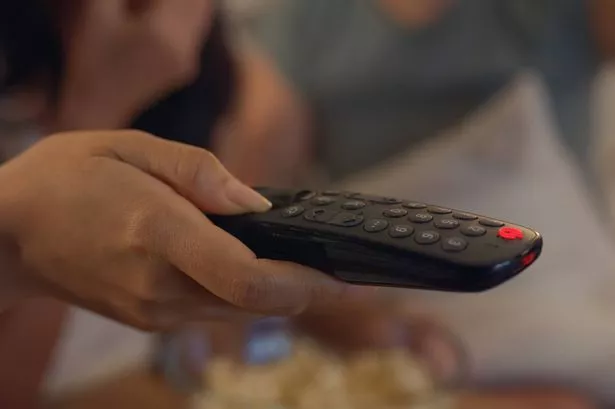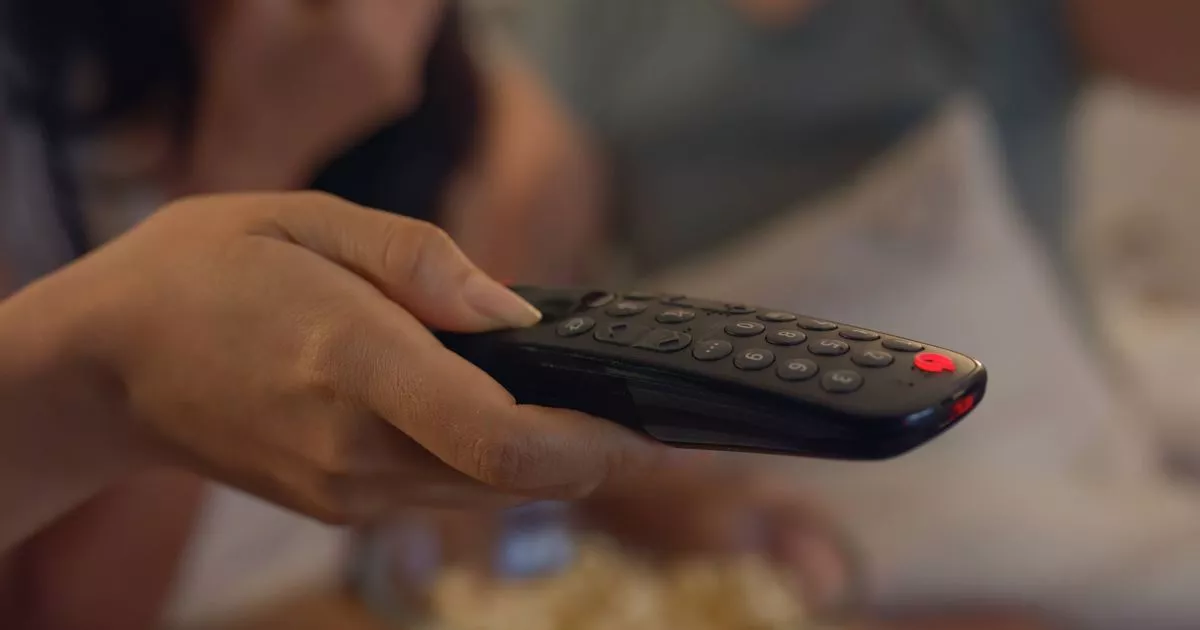The £174.50 annual cost of having live television access, which pays for BBC programming as well as the cost of the overall television network infrastructure, can be slashed right down to as little as £29 per year fully legally
Alex Evans Deputy Audience Editor
20:12, 20 Jul 2025
 You can cut you TV Licence costs down to just £29(Image: MTStock Studio via Getty Images)
You can cut you TV Licence costs down to just £29(Image: MTStock Studio via Getty Images)
The TV Licence is arguably one of the least favoured taxes in the UK, sharing this dubious honour with Inheritance, Council Tax and Income Tax. While it’s safe to say no tax is ‘popular’, the TV Licence often finds itself under fire from a vocal minority.
Nevertheless, the annual £174.50 fee for live television access, which funds BBC programming as well as the overall television network infrastructure, can be legally reduced to as little as £29 per year, provided you meet certain criteria and successfully apply through TV Licensing. It’s worth noting that there are different types of TV Licences.
The primary one, priced at £174.50, is a comprehensive, non-discounted TV Licence that most UK households will choose. Naturally, many are content to pay this fee, enjoying live TV ranging from FA Cup matches to Strictly Come Dancing, Eastenders and Doctor Who.
However, this doesn’t mean you should pay more than necessary. In fact, if you’re legally blind, you can halve your TV Licence bill.
Being legally blind – which doesn’t necessarily mean total blindness, but rather a level of sight impairment that qualifies as legally blind – entitles you to a 50% reduction in your TV Licence costs, reports the Express. This means that a legally blind person’s TV Licence could be reduced to £87.25 per year, half the standard amount.
However, you can slash this cost even more dramatically if you – or the grandparent you’re assisting with their application – possess a black and white television set. A monochrome TV Licence can be paired with a blind concession, bringing the annual fee down to merely £29.25, reduced from £58.50 for a standard black and white licence, representing a 75% saving compared to a full colour licence.
According to the most recent statistics available regarding black and white televisions, approximately 6,500 UK households continue to view programmes on monochrome sets, as reported by TV Licensing.
We have a dedicated newsletter for ChronicleLive’s money-saving and cost of living stories. It’s free and you can sign up to receive it here. It will keep you up to date with all the latest money news and budgeting tips as well as stories on the cost of living crisis in our region.
The organisation states: “According to the latest figures, London leads the way with 1,311 black and white licences, followed by Birmingham with 323 and Manchester with 245 monochrome licences.
“Over the years the number of black and white licences has declined considerably across the UK. There were 6,586 black and white TV licences in force at the end of September 2019 – a fall of 575 compared to the same time last year. In 2000 this figure stood at 212,000.
“The figures show that despite the rapid growth of smart TVs, smart phones and tablets to access TV content, a surprising number of households still appear to enjoy the nostalgia of monochrome TV sets. They remain popular with collectors, with vintage and portable TV sets regularly traded online.”
To qualify for a blind concession, you must furnish TV Licensing with a copy of a document such as a CVI (Certificate of Visual Impairment), BD8 Certificate, or a letter signed by a local authority confirming your blindness.
Alternatively, a certificate from an ophthalmologist or a tax code from HMRC for blind person’s allowance is also acceptable.
Only one individual in a household needs to be registered as blind for the entire household to be eligible for the 50% reduced licence fee.
Lastly, there are other methods to reduce your TV Licence to £0. You could either claim Pension Credit and be aged 74 or over, whereby the low-income pensioner would qualify for a free licence for the household, or you can forego any live TV viewing (including via ITVX and Channel 4 online etc) to legally evade the fee.
